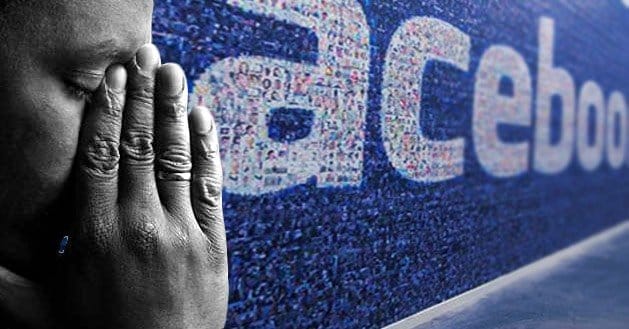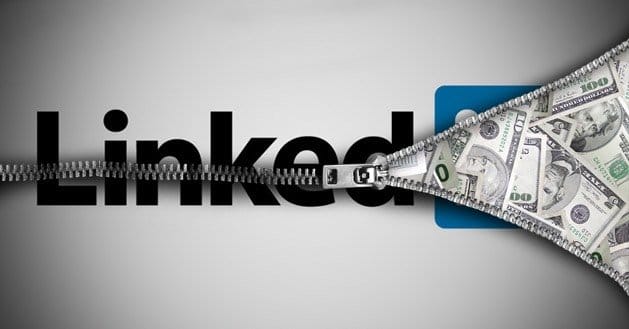 Written by ContentPowered.com
Written by ContentPowered.com Facebook has, over the years, had quite its ups and downs. Since its creation as a small college network, to the large-scale explosion in free traffic, to the influx of businesses looking to market, it’s been a resilient platform despite all opposition. It took down competitors like Myspace, but no Facebook-killer has come along to drive a nail in the coffin of the Zuckerberg juggernaut.
Facebook has, over the years, had quite its ups and downs. Since its creation as a small college network, to the large-scale explosion in free traffic, to the influx of businesses looking to market, it’s been a resilient platform despite all opposition. It took down competitors like Myspace, but no Facebook-killer has come along to drive a nail in the coffin of the Zuckerberg juggernaut.
Even so, there are scattered signs of the decline of Facebook. For one thing, based on a model of the decline of Myspace, a Princeton study (http://arxiv.org/pdf/1401.4208v1.pdf) indicates that Facebook has peaked and is on its way down, slated to lose as much as 80 percent of its users over the next three years. Of course, part of the rapid decline of Myspace was the clear competition from its better rivals, which Facebook doesn’t really have.
There’s also the matter of EdgeRank, Facebook’s post sorting algorithm, and the decline of organic reach for posts. Users notice that posts from important family members are often buried or never shown. Businesses notice that a post they share with 100,000 people likely only reaches 7,000 of them. Is it all a temporary slump, or is Facebook losing its utility for businesses and users alike?
Users Leaving a Sinking Ship
On one hand, you have information like the study above. Sure, it’s a scientific analysis of social media sites, and it can be extrapolated to include Facebook. On the other hand, it has only a single data source – Myspace – and the situations between Myspace and Facebook are very different. The audience, the apps, the businesses, the atmosphere; it’s an entirely different site with entirely different circumstances. So, while Facebook may have peaked – and that fact is arguable – it will take a while to find a replacement.
Then you have the generational situation on Facebook. What began as a hip college network has expanded to include every possible demographic, including cats, unborn children and grandparents. This makes it less appealing to the original target audience, which will certainly move on, if they haven’t already. There exists the definite possibility that certain demographics are fleeing Facebook, even if the site itself remains healthy and the audiences your business targets are still present.
Organic Reach is Declining

This is, of course, a big problem for businesses. The lower your organic reach, the less people see your posts when you post them. Even previously engaged users, who may be on the borderline of engagement, will miss posts they otherwise would enjoy. Facebook makes the decision, but it’s one of cyclical decline; if a user is too disengaged to see your posts now, it will be increasingly hard to reach them as they continue to not see and not engage in your posts.
It means that, to reach the number of users you are now a year from now, you may need to double the size of your audience. This is infeasible, so you need to work to increase user engagement and audience size together, to meet somewhere in the middle. Even this, if done too slowly or poorly, leaves you breaking even on reach without a hint of growth.
Paid Reach is Almost Effective
In the past, Facebook adamantly denied any ulterior motive for their algorithmic changes. They claimed that any change they made was to enhance the user experience, and that businesses seeing lower organic reach were businesses that pushed spammy or low quality content. They actively denied and seemed to resent the implication that they made those decisions in order to encourage businesses to pay for promoted posts and ads in the news feed.
Yet, in a recent communication, Facebook has done exactly that. No longer do they deny that businesses need to pay to get ahead. Instead, they clearly state that success on Facebook as a marketing platform going forward, particularly as organic reach continues to drop, is to pay for extra reach.
The problem is, paid reach, as organic reach drops, will only bring you up to the level you formerly were used to. So you reach the same traffic you did before, with the same conversion rate you had before, but now you’re spending money to maintain that position. The alternative is to rely on organic reach alone, which is a decreasingly valuable proposition.
LinkedIn Stealing B2B
Part of the problem of using Facebook for marketing is the focus. There are just too many people using the platform who don’t care about your product in any way. B2B marketers have it worse, as most businesses on the platform are interested in selling, not buying.
LinkedIn as a social network solves all of those problems. It’s designed specifically for business networking, and every user registering for the site has that in mind in some way. Sure, many users are job seekers or employees looking to network with each other, but many more are businesses perfectly willing to network with other businesses for mutual benefit. This removes B2B marketers from the Facebook marketing pool entirely; it’s just not lucrative enough with an easy, valuable network already available and established.
A Business Powerhouse
Facebook remains a powerhouse in the business world, but not in the sense that is valuable to small businesses and marketers. Rather, it has an insane amount of money to throw around for various political and economic maneuvers. Buying Oculus Rift, WhatsApp, ProtoGeo; it’s buying out companies left and right, but there’s no telling what it will do with the software and hardware it acquires. It could create and release the proverbial Next Big Thing that maintains its status as one of the most influential and powerful sites in the world. Or it could squander the technology and do nothing. Either way, businesses using the platform for marketing suffer unless something changes for the good of Facebook, bringing in more users.
Troubled Waters
Facebook, it seems, is always at the center of some scandal. Most recent is the paper released about social emotional contagion; the idea that ideas alone, posted on social media, can affect the moods of another person without the intervention of language or posture. The paper had disturbing implications about Facebook deliberately modifying the moods of nearly 700,000 of its users. This scandal could cause a massive shift in the way Facebook handles privacy. It could cause a huge number of users to leave the site entirely. It certainly doesn’t bode well for the site as a whole.
In the end, Facebook may have peaked and be on its way out, with scandals and decisions that force businesses to pay to maintain their place, but the platform is still used by millions of people and is still a valuable source of social interaction. It’s not down for the count just yet.


